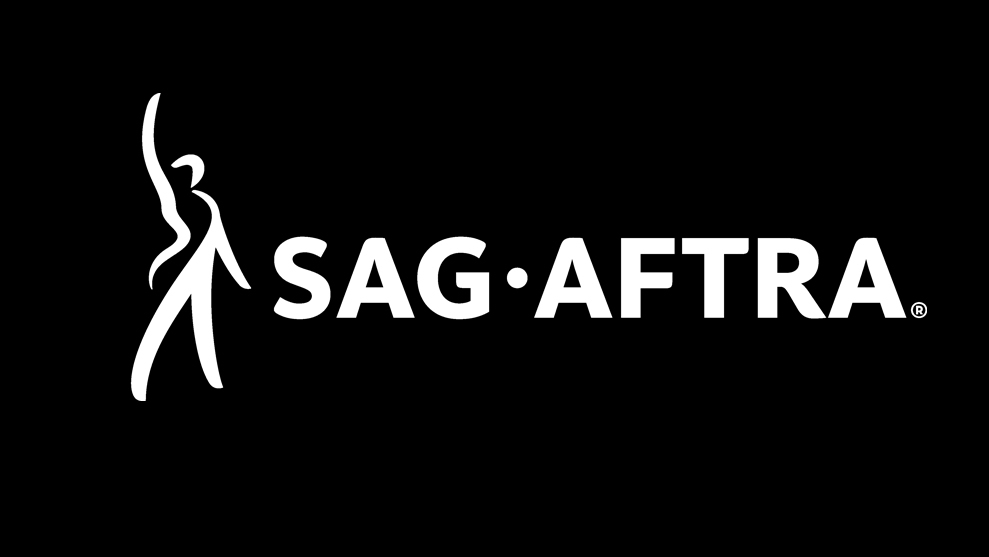SAG-AFTRA Resumes TV Animation Talks Following Strike Authorization Vote
By Dave McNary
LOS ANGELES (Variety.com) – SAG-AFTRA has resumed negotiations with companies on TV animation work, two months after members overwhelmingly approved a strike authorization.
The key issue for the union is employers’ refusal to provide scale wages or residuals in the fastest-growing area of animated performers’ work — animated programs made for subscription-based streaming platforms like Netflix and Amazon. More than 75% of those union voting members had to approve of the strike authorization for ’s national board to call a strike.
SAG-AFTRA members are working under a contract that expired more than a year ago. The Alliance of Motion Picture and Television Producers, the negotiating arm for the entertainment companies, had no comment on Wednesday about the resumption of negotiations. SAG-AFTRA did not immediately respond to a request for comment.
The SAG-AFTRA board has not announced whether it has approved the strike authorization. More than 98% of the “affected members” who voted in late June and July approved the authorization. SAG-AFTRA President Gabrielle Carteris announced the voting results on July 18, noting that the referendum result did not mean members are on strike.
“Rather, it gives the National Board the authority to declare a strike if absolutely necessary,” she said at the time. “We will keep negotiating with producers for a contract that guarantees members scale wages and residuals for animated programs made for streaming platforms like Netflix and Amazon. This vote sends a message that we are united and puts our negotiators in the best position possible.”
The Alliance of Motion Picture and Television Producers responded in July after the vote was announced that it hoped a strike could be avoided.
The strike authorization campaign had the backing of a number of high-profile performers, including Pamela Adlon, Ed Asner, Nancy Cartwright, Dan Castellanata, Nick Kroll, Laraine Newman, Patton Oswalt, Cassandra Peterson, and Mindy Sterling.
Carteris noted in June that performers had been working under TV animation agreements that expired on June 30, 2017, and that more than 20 animated series produced for initial exhibition on a subscription-based streaming platform had gone into production. Carteris also told members that because that work is not covered by the traditional terms of the union’s agreements, animation performers do not have the benefit of scale minimums when they work on these programs — and the majority will never pay residuals for any new media exhibition.

